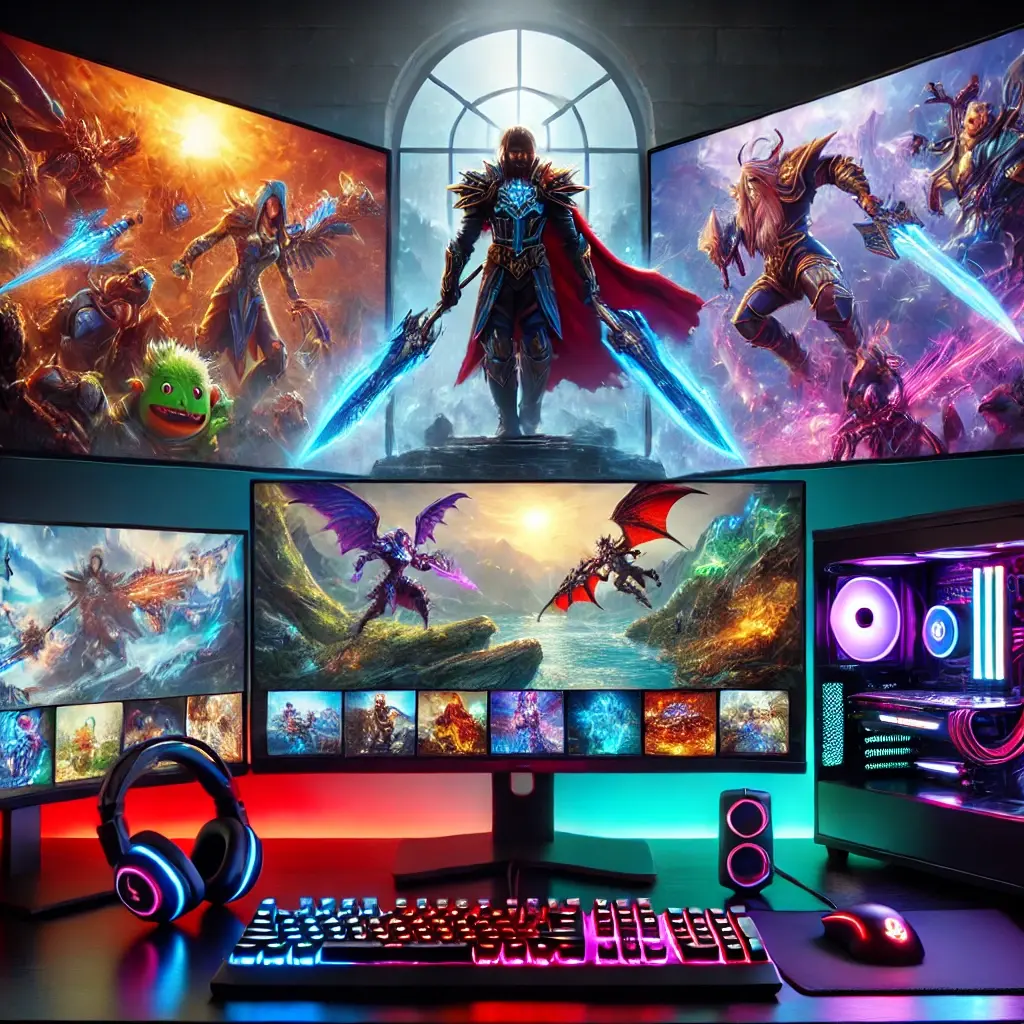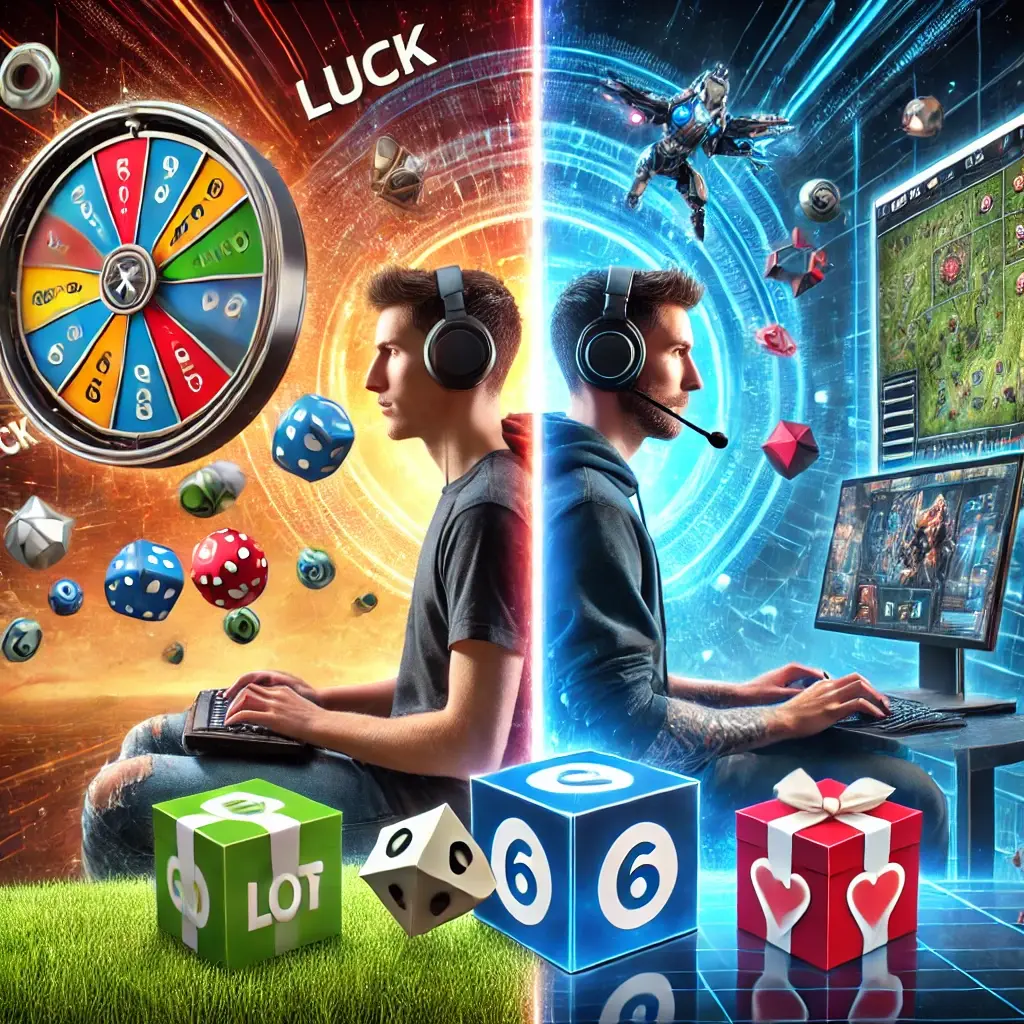Address
304 North Cardinal St.
Dorchester Center, MA 02124
Work Hours
Monday to Friday: 7AM - 7PM
Weekend: 10AM - 5PM
Address
304 North Cardinal St.
Dorchester Center, MA 02124
Work Hours
Monday to Friday: 7AM - 7PM
Weekend: 10AM - 5PM

Get Ease Your Payments
Online gaming vs. skill-based gaming: Gaming has evolved into one of the most dynamic and lucrative industries in the digital age. With millions of players engaging in various forms of gaming, it has become essential to distinguish between different types of games. Two primary categories that often cause confusion are online gaming and skill-based gaming. While both exist in the digital realm and provide entertainment, they operate under different principles. Online gaming often involves elements of chance, whereas skill-based gaming relies on a player’s abilities and decision-making.
The distinction between these two categories is not just a matter of terminology; it influences player experience, monetization models, legal frameworks, and even ethical considerations. Online gaming typically involves casual and competitive gameplay that can range from simple puzzle games to complex multiplayer battle arenas. On the other hand, skill-based gaming requires players to hone their expertise, develop strategies, and make calculated decisions to succeed. The presence of luck in online gaming often makes it more accessible to a broader audience, whereas skill-based gaming appeals to those who enjoy competitive and strategic gameplay.
Furthermore, as gaming technology advances, the lines between these two types of gaming continue to blur. Many platforms are integrating elements of both, leading to hybrid gaming models that challenge traditional definitions. Additionally, the rise of blockchain and AI technologies is influencing how games are designed, monetized, and regulated.
In this blog, we will explore the key differences between online gaming and skill-based gaming, delving into their mechanics, revenue models, legal considerations, and future trends. Whether you are a casual gamer, a competitive player, or someone interested in the business of gaming, understanding these distinctions will provide valuable insights into the ever-expanding gaming landscape

Online gaming refers to any game played over the internet. It can range from simple browser-based games to complex multiplayer role-playing games (RPGs) and first-person shooters (FPS). These games may be played alone or with other players worldwide, fostering a social and competitive environment.
Online games come in various formats, including:
While skill plays a role in certain online games, many involve elements of chance. For instance, loot boxes, randomized item drops, and matchmaking algorithms can influence a player’s success or failure, sometimes making the gaming experience unpredictable.
Online gaming generates revenue through multiple streams, including:

Skill-based gaming relies on a player’s expertise, strategy, and decision-making rather than luck or randomness. These games test cognitive abilities, hand-eye coordination, and strategic thinking, rewarding skilled players rather than those relying on luck.
Skill-based gaming spans multiple categories, such as:
In skill-based games, a player’s understanding of the game mechanics, strategies, and decision-making directly influences outcomes. Unlike online gaming, where luck plays a role, skill-based gaming is designed to reward competence.
Many jurisdictions treat skill-based gaming differently from chance-based gambling. Courts often differentiate games of skill from games of chance, leading to varied legal frameworks worldwide. For example, fantasy sports are legal in many countries, while online gambling may be heavily regulated or even prohibited.

Both gaming types raise ethical concerns, such as loot box addiction, gambling risks, and the impact of excessive gaming on mental health. Implementing responsible gaming measures is crucial for fostering a healthy gaming environment.

Many platforms are integrating elements of both chance and skill to create engaging experiences. Games like Hearthstone combine strategic gameplay with randomized card draws.
Blockchain technology is revolutionizing the gaming industry through:
Artificial Intelligence (AI) is enhancing gameplay by:
With gaming regulations evolving, we can expect:
The distinction between online gaming and skill-based gaming is crucial for players, developers, and regulators. While online gaming offers entertainment with elements of chance, skill-based gaming focuses on rewarding player expertise. Both have their pros and cons, but as the industry evolves, we may see more hybrid models combining the best of both worlds. Whether you’re a casual gamer or a competitive player, understanding these differences will help you make informed gaming choices and navigate the ever-changing gaming landscape. Follow Twigopayments